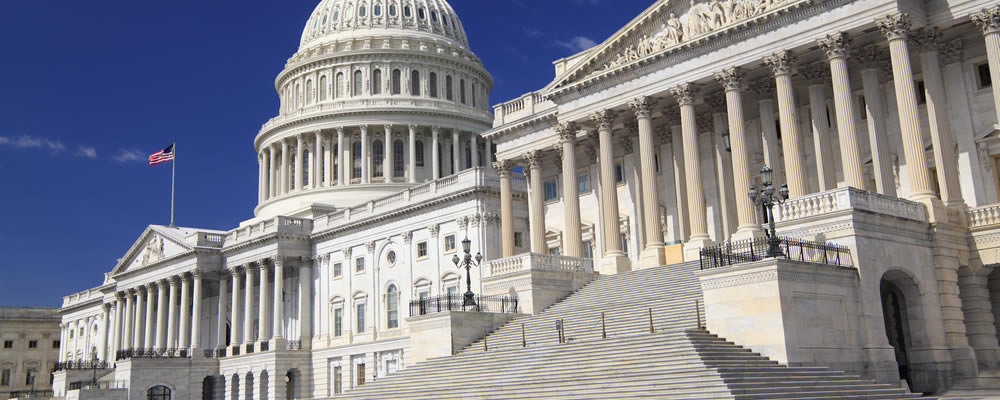With political developments weighing on sentiment in both the Eurozone and the US, the Euro to US Dollar exchange rate has been lacking in any particular momentum.
- Eurozone trade surplus widened at end of 2016 – Outlook of domestic economy remained mixed
- Euro trended narrowly as Greek creditor talks continued – Resolution to bailout review could boost EUR rates
- Hawkish Fed commentary shored up US Dollar – Odds of imminent interest rate hike rose
- Fallout of Michael Flynn resignation put US administration under pressure – Further repercussions could diminish ‘Greenback’ demand
In spite of a better-than-expected December Eurozone trade balance figure, the Euro US Dollar (EUR USD) exchange rate was trending narrowly on Wednesday.
The trade surplus widening from 24.4 billion to 28.1 billion on the month was not enough to boost confidence in the strength of the domestic economy.
The disappointment of the fourth quarter German and Eurozone gross domestic product figures has continued to weigh on sentiment, suggesting a less positive outlook for the currency union.
Developments in Greece have also limited the appeal of the single currency this week, despite some optimistic comments from European Commissioner Pierre Moscovici.
Markets are nervous of the prospect of the Hellenic nation and its creditors coming to a fresh deadlock over whether bailout funds will be disbursed without a commitment to further austerity measures.
If relations start to sour again this could prompt the EUR USD exchange rate to enter a more substantial slump, raising the odds of further delays and another potential Eurozone debt crisis come summer.
On the other hand, if the involved parties can come to an arrangement that brings the much-delayed bailout review to an end the Euro could trend sharply higher across the board.
In the meantime, the EUR USD exchange rate has been under pressure from the strengthening US Dollar.
Demand for the ‘Greenback’ rose in response to the latest commentary from Fed Chair Janet Yellen, who noted that it would be ‘unwise’ to leave interest rates on hold for too long.
This suggested that the Federal Reserve could be on track to raise interest rates again sooner rather than later, particularly as domestic data also proved encouraging on Wednesday afternoon.
Both the January consumer price index and advance retail sales figures came in above forecast, indicating that the world’s largest economy remains in robust health.
As Rob Carnell, Chief International Economist at ING, noted:
‘Whilst headline inflation gains can be put down to the impact of helpful base effects, the rise in the core rate, coupled with a better trend in wages growth, sends a clear message that the US economy is now running a little hot, the labour market is tight, and the time for inaction and caution from the Fed is over.’
However, as pressure mounts on the US administration over the scandal surrounding former national security advisor Michael Flynn and contact with Russia prior to Donald Trump taking office, the US Dollar may struggle to make headway.
If the sense of political crisis worsens then the EUR USD exchange rate could find some more substantial support in the short term.



